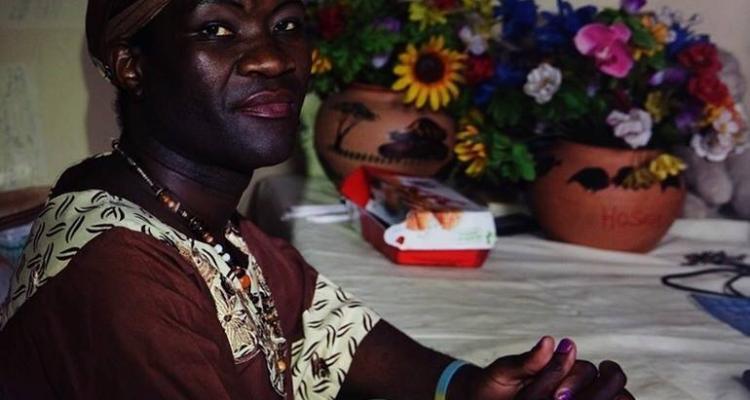
Section 153. Unnatural offences
Any person who attempts to commit any of the offences specified in the last preceding section shall be guilty of a felony and shall be liable to imprisonment for seven years, with or without corporal punishment.
Section 154. Attempt to commit unnatural offences
Any male person who, whether in public or private, commits any act of gross indecency with another male person, or procures another male person to commit any act of gross indecency with him, or attempts to procure the commission of any such act by any male person with himself or with another male person, whether in public or private, shall be guilty of a felony and shall be liable to imprisonment for five years, with or without corporal punishment [under Section 28 of the Penal Code].
Section 156. Indecent practices between males
The news media reported in December 2011 that these statutes had been sent to the Malawi Law Commission (MLC) for review, quoting Ephraim Chiume, Malawi’s justice minister. However, a high-level delegation of legal experts appointed by the International Bar Association’s Human Rights Institute found in January 2012 that the MLC had not, in fact, been asked specifically to review these statutes.
On 18 May 2012, President Joyce Banda announced her intention to repeal the laws criminalizing same-sex sexual activity. On 5 November, the Malawian government suspended all laws that criminalized homosexuality. Attorney General and Minister of Justice Ralph Kasambara ordered police not to arrest LGBT individuals, pending a review from the National Assembly. Three days later, he reversed himself, saying, “There was no such announcement, and there was no discussion on same-sex marriage.” The Malawi Law Society argued that it was unconstitutional for ministers to arbitrarily suspend any law and would set a dangerous precedent for the future. Religious leaders were strongly against the suspension.
In November 2013, the Malawi High Court announced its intention to review the constitutionality of the law by accepting an appeal. The focus of the appeal is the case of three prisoners Amon Champyuni, Mathews Bello, and Musa Chiwisi, who were convicted in 2011 and are serving sentences ranging from 10 to 14 years for practicing homosexuality. In January 2014, the court’s deliberations on the issue were delayed pending a determination by the Supreme Court on whether the High Court can proceed to review an issue of constitutionality. As of 2019, there have been no rulings.
In September 2016, President Peter Mutharika said that he “wants gay rights protected” and proposed a referendum on decriminalizing homosexuality and legalizing same-sex marriage. However, in October 2015, a State House spokesperson said the president’s comments were his own personal opinion on the subject and not a policy.
On 9 February 2016, the High Court in Mzuzu ordered the Malawi Police Service, the Director of Public Prosecutions to continue arresting and prosecuting gays and lesbians who commit homosexual offenses in Malawi. High Court Judge Dingiswayo Madise granted an injunction requested by anti-gay pastors seeking an end to the government’s moratorium on arrests under the country’s anti-homosexuality law during court deliberations on that law’s constitutionality. The prosecutions continued pending a judicial review of the decisions, conduct, and abdication of legal and constitutional duty by the Minister of Justice and Constitutional Affairs, the Director of Public Prosecutions, and the Malawi Police Service.
Malawi Constitution
The Malawi Constitution does not specifically prohibit discrimination on the grounds of sexual orientation. Human rights lawyer Chrispine Sibande, however, argued in 2010 that discrimination is prohibited under Section 20 of the constitution, which provides that “all persons are, under any law, guaranteed equal and effective protection against discrimination on grounds of race, colour, sex, language, religion, political or other opinion, nationality, ethnic or social origin, disability, property, birth, or other status.” There has been no official legal ruling to this effect.














